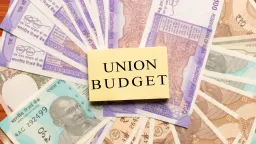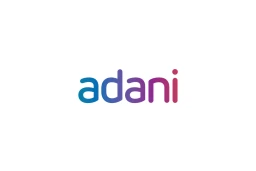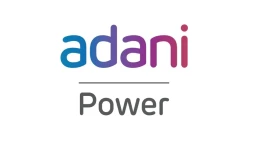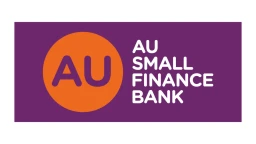End of Paytm? Paytm Crashes as RBI Bans New customer Onboarding
The Reserve Bank of India (RBI) on Wednesday ordered Paytm Payments Bank Limited, a subsidiary of Paytm, to stop accepting deposits or top-ups in any customer accounts, wallets, FASTags, and other prepaid instruments after February 29, 2024. Shares crashes by 20%!
RBI bans Paytm from onboarding new customers
"No further deposits or credit transactions or top-ups shall be allowed in any customer accounts, prepaid instruments, wallets, FASTags, NCMC cards, etc. after February 29, 2024, other than any interest, cashbacks, or refunds which may be credited anytime," Reserve Bank of India. Further stating that the parent firm One97 Communications' and Paytm Payments Services' nodal accounts should be closed as soon as possible, but no later than February 29.
Settlement of all pipeline transactions and nodal accounts, commenced on or before February 29, must be completed by March 15, and no transactions will be permitted beyond that date.
Impact on Existing Customers
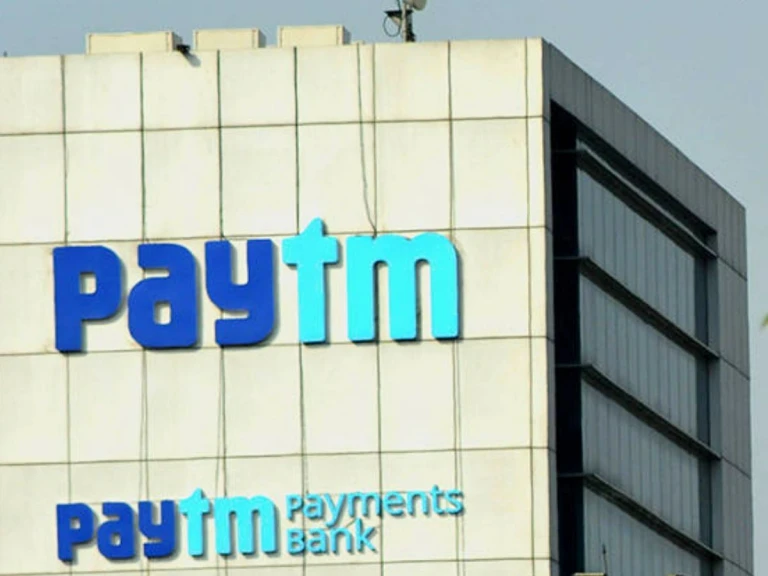
Existing PBPL customers are now restricted from doing basic banking operations such as credit, deposits, fund transfers, UPI transactions, FASTag toll payments (which have a 17% market share and 60 million users), bill payments, and wallet usage.
20% Collapse in PAYTM Shares, Hits Lower Circuit Limit
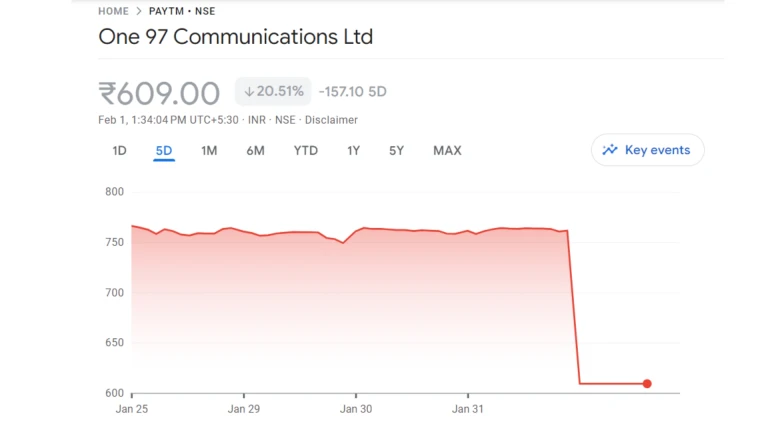
The Reserve Bank of India (RBI) ordered Paytm Payments Bank Ltd to cease accepting deposits or top-ups in any client accounts, wallets, FASTags, and other instruments after February 29. As a result, shares of One97 Communications Ltd, the company that owns the Paytm brand, fell 20% on Thursday.
The shares fell 20% to Rs 608.80, its lower circuit limit, on the Bombay shares Exchange. At the National Stock Exchange, it fell 19.99% to Rs 609, the lowest trading permitted limit for the day. The company's market capitalisation fell by Rs 9,646.31 crore to Rs 38,663.69 crore in early session.
Can users utilize or withdraw their Paytm balances across multiple instruments?
According to the RBI, consumers can withdraw or use funds from their Paytm accounts, including savings bank accounts, current accounts, prepaid instruments, FASTags, NCMC, and so on, "up to their available balance" without restriction.
However, the RBI statement makes no mention of a number of other services, including loans, mutual funds, bill payments, digital gold, or credit cards.
What prompted the RBI action against Paytm?
Paytm Payments Bank has been under RBI examination since 2018. While the central bank did not provide specific reasons for its recent action against Paytm, insiders suggested it could be owing to the RBI's concerns over KYC compliance and IT-related difficulties. The central bank opposes allowing any institution or banking body to expose depositors' funds to such dangers.
According to reports, Paytm Payments Bank and its parent One97 Communications were also investigated by the RBI for allegedly failing to maintain necessary information barriers within the group and providing data access to China-based entities that were indirect shareholders in the payments due to their stake in the parent company. According to sources, the RBI's recent action was prompted by a failure to address these concerns at numerous levels over a long period of time.
According to sources, the RBI's recent action was prompted by a failure to address these concerns at numerous levels over a long period of time.
Antfin, an offshoot of Chinese corporation Alibaba, is a shareholder in One97 Communications; as of December 31, 2023, Antfin owned 9.89% of the firm, according to stock exchange statistics. Given the difficult relationship between India and China over the last few years, Chinese investments in Indian enterprises have been closely scrutinized by Indian authorities.
What's your thoughts on RBI's action against Paytm? Let us know through investwhat.in social media page.

